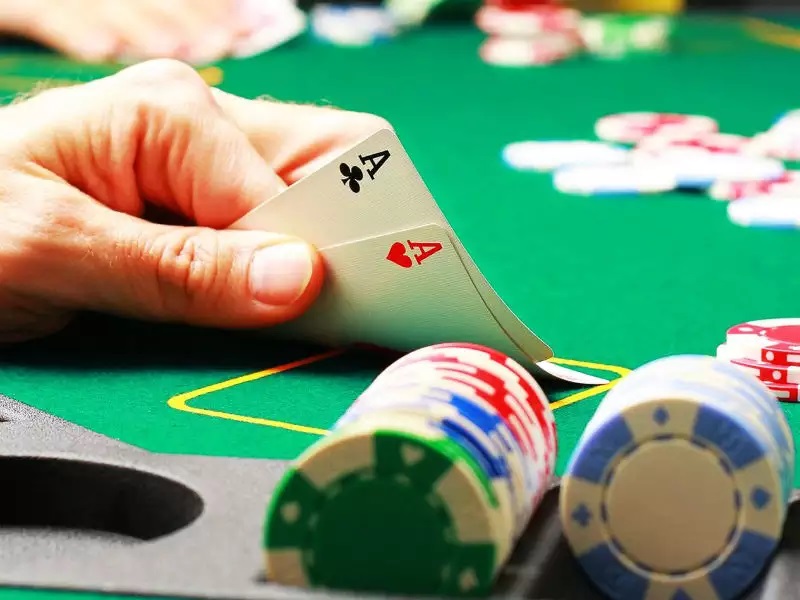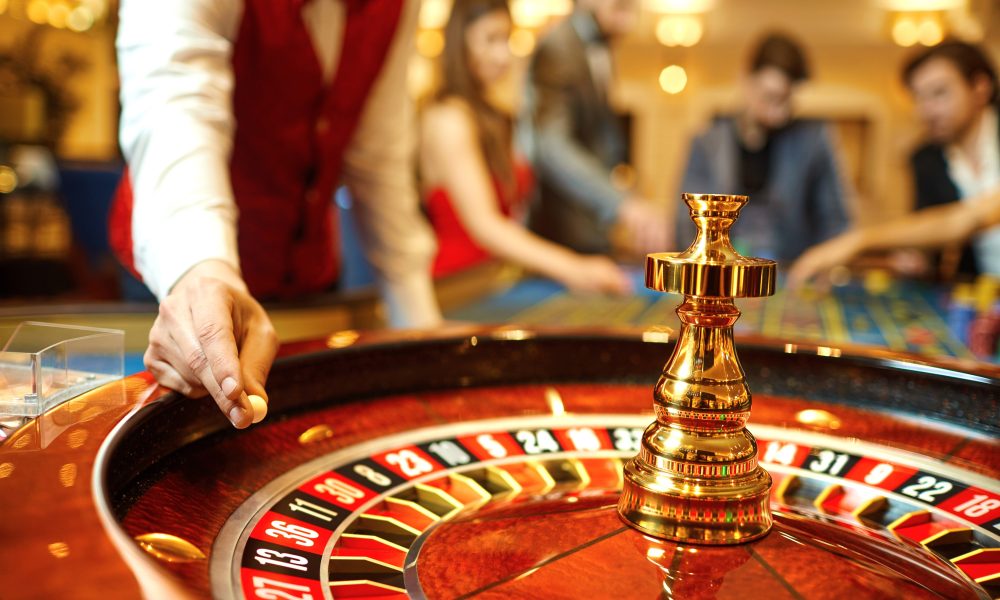Timing beliefs surrounding slot gaming have persisted for decades, with players developing personal theories about optimal playing periods based on observation, superstition, and perceived patterns. While slot outcomes depend on random number generation rather than timing, many players report subjective experiences that suggest specific periods yield better results. These timing preferences often reflect psychological factors, gaming environment conditions, and personal comfort levels that influence overall gaming experiences and satisfaction. The search for perfect timing moments drives many online slot enthusiasts to experiment with different playing schedules and casino visit patterns when accessing สล็อตเว็บตรง. These timing theories help explain player behaviour while acknowledging that actual outcomes remain mathematically independent of when games are played.
Daily cycle theories
- Morning freshness advantage
Early morning gaming sessions appeal to players who believe casino systems reset overnight or that fresh energy translates into better luck. Morning players often report improved focus and decision-making abilities that enhance their gaming experiences. These sessions typically feature less crowded gaming environments and quieter atmospheres that some players find more conducive to concentrated play.
- Afternoon momentum periods
Mid-day timing advocates suggest that afternoon hours balance alertness and relaxation for sustained gaming sessions. Afternoon periods often coincide with lunch breaks or leisure time when players feel most comfortable dedicating time to entertainment activities. The moderate energy levels during these hours may contribute to more measured gaming approaches and better session management.
- Evening peak excitement
Night gaming enthusiasts believe evening hours generate heightened excitement, translating into more engaging gaming experiences and potentially better outcomes. Evening sessions often feature more dynamic casino atmospheres with increased social energy and celebratory moods. The transition from work to leisure time may create psychological conditions that players associate with better luck and more enjoyable gaming experiences.
Seasonal timing patterns
- Holiday season magic
Holiday periods generate widespread beliefs about increased luck and generous payouts that reflect seasonal optimism and celebratory spirits. Many players schedule special gaming sessions during holidays, expecting enhanced outcomes that mirror the festive atmosphere. Holiday gaming often involves higher betting amounts and longer sessions, creating different experiences than routine gaming visits.
- New year, fresh start
January gaming sessions attract players who believe fresh calendar years bring renewed luck and opportunities for positive changes in gaming outcomes. New year periods often coincide with personal goal-setting and optimistic outlooks, influencing gaming expectations. Players frequently approach January sessions with modified strategies or betting approaches that reflect their fresh-start mentalities.
- Summer relaxation benefits
Vacation seasons create relaxed mental states that many players believe contribute to better luck and more enjoyable gaming experiences. Summer gaming often occurs during extended leisure periods when players feel less stressed and more open to positive experiences. Combining a vacation mindset and reduced daily pressures may contribute to more satisfying gaming sessions regardless of actual outcomes.
Players create personal frameworks for experiencing random events while seeking optimal gaming conditions for entertainment. A timing theory is a way of structuring and anticipating games based on superstition, psychological comfort, or environmental preferences, and it enhances the overall gaming experience for many players, even when actual outcomes remain mathematically independent of when games are played.








